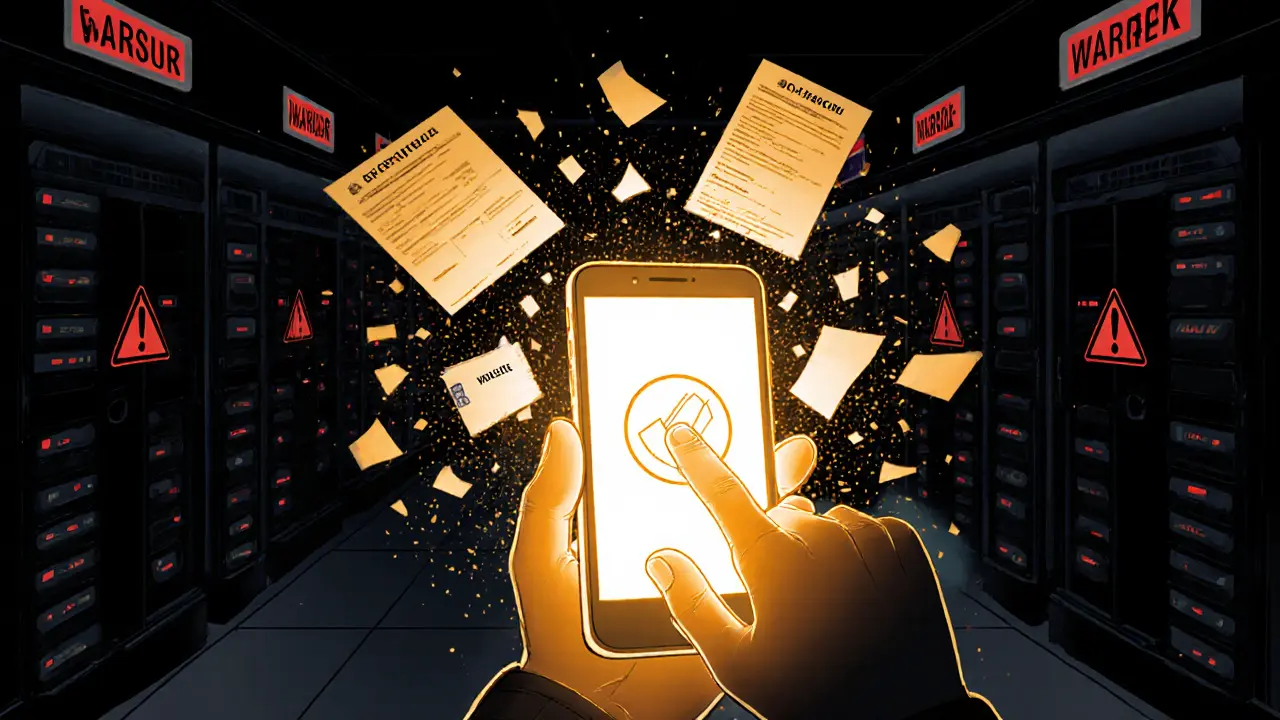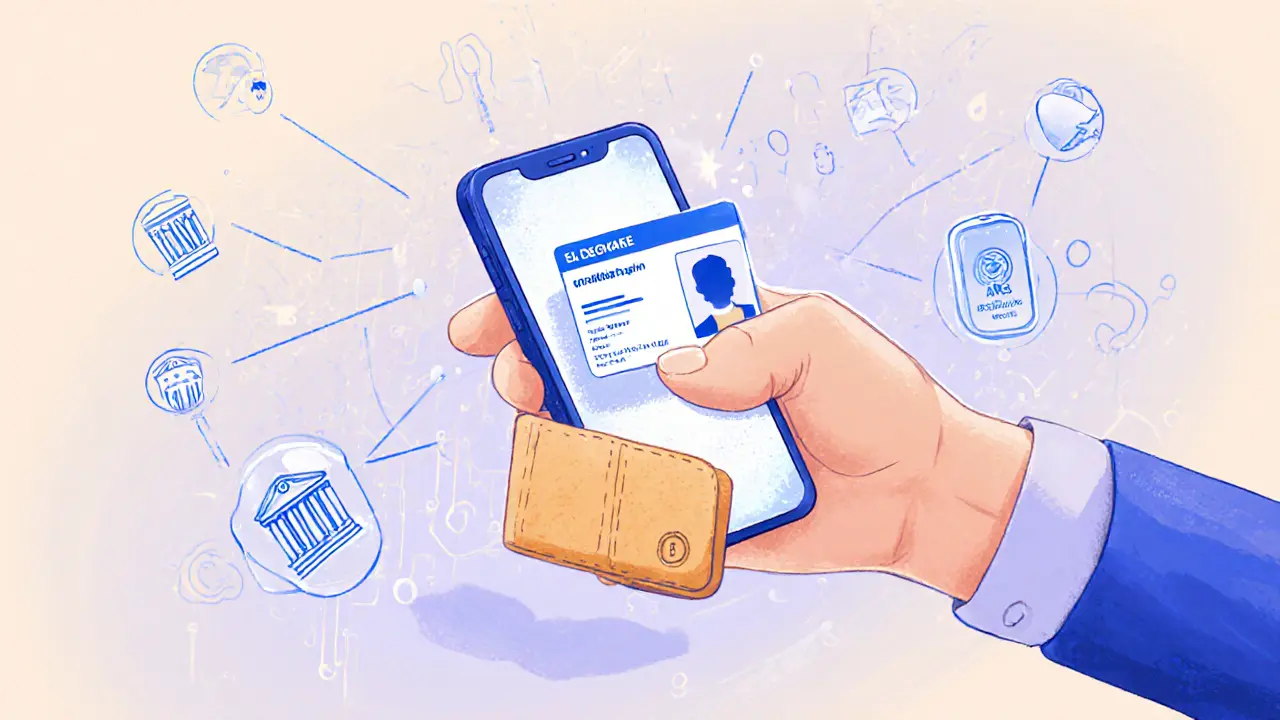Self-Sovereign Identity: What It Is and Why It Matters in Crypto
When you log into a website, buy something online, or even sign up for a crypto exchange, you're handing over pieces of your identity—your name, email, phone number, sometimes even your face. But what if you could own and control all of that yourself? That’s the idea behind self-sovereign identity, a system where individuals hold and manage their own digital identity without depending on centralized authorities. Also known as decentralized identity, it flips the script: instead of companies verifying you, you verify yourself using cryptographic proof.
This isn’t just theory. It’s already shaping how crypto users protect their privacy. Think about how blockchain identity, a system where identity credentials are stored on a public ledger and controlled by private keys lets you prove you’re over 18 without showing your driver’s license. Or how crypto privacy, the ability to transact without exposing personal data becomes possible when your identity isn’t tied to your wallet address. These aren’t separate ideas—they’re parts of the same movement: giving power back to the user. And it’s not just about anonymity. It’s about trust. If you can prove you’re eligible for a service without revealing your full history, you reduce risk, avoid surveillance, and cut out middlemen.
Look at the posts below. You’ll see how this idea shows up in real crypto stories—like how mixing services are used to obscure transaction trails, how CBDCs threaten privacy by tracking every purchase, and how seed phrase storage is the foundation of owning your own digital life. These aren’t random topics. They’re all connected to one core question: who controls your identity? The answer determines whether you’re a customer… or a citizen of the digital world. Below, you’ll find deep dives into tools, scams, regulations, and experiments that prove self-sovereign identity isn’t a future dream—it’s already being built, broken, and fought over right now.

